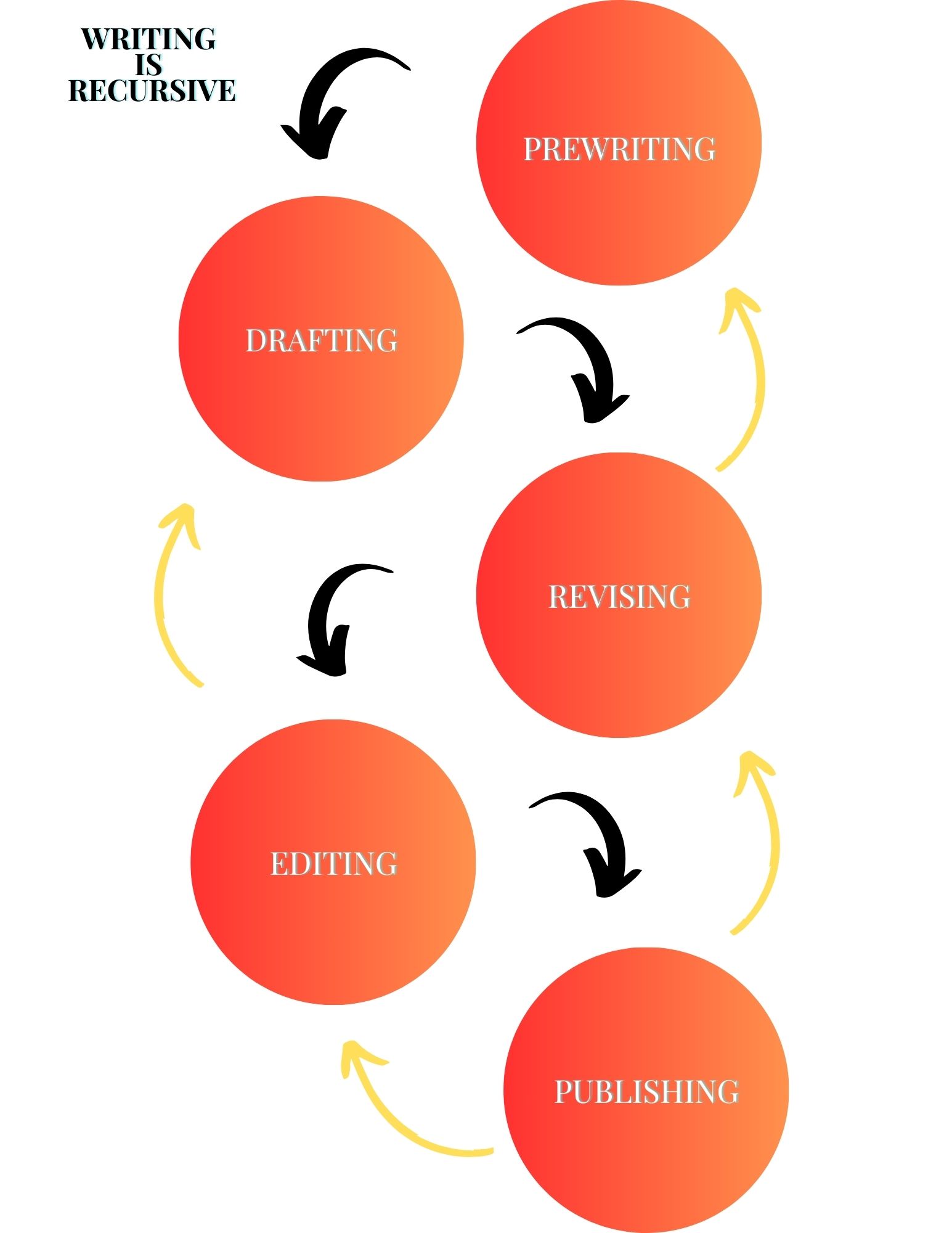“I felt persuaded that this woman must have been misrepresented, lied about. She trilled along, and trilled along, and presently a handsome young page, clothed like the rainbow, and as easy and undulatory of movement as a wave, came with something on a golden salver, and, kneeling to present it to her, overdid his graces and lost his balance, and so fell lightly against her knee. She slipped a dirk into him in as matter-of-course a way as another person would have harpooned a rat!”
Greetings! For today’s post, we are going to look at Chapters XIV – XVIII of A Connecticut Yankee in King Arthur’s Court by Mark Twain. In the previous post, hwe discussed Hank’s “Slow Torture” wearing a full plate of armor while adventuring with his new companion, Sandy. Additionally, Hank has continued to look for men who would be able-bodied enough to start a revolution.
In these next five chapters, we find that Hank’s adventures get progressively more dangerous. He encounters a group of knights, and he enters the castle of Morgan Le Fay, who is far more evil than she lets on.
CHAPTER XIV. “DEFEND THEE, LORD!
Hank, while galivanting about on his quest, encounters a serious group of knights who look to do him harm. Being afraid to be found out and killed, Hank lets smoke roll from his helmet, which terrifies the knights. At this point, Sandy ventures forth and talks to the knights on her own, which causes them to leave.
Hank speaks of her ableness:
“She was a handy person to have along on a raid. I would have considered this a doubtful errand, myself. I presently saw the knights riding away, and Sandy coming back. That was a relief. I judged she had somehow failed to get the first innings—I mean in the conversation; otherwise the interview wouldn’t have been so short. But it turned out that she had managed the business well; in fact, admirably” (Twain).
Somehow, she convinced the knights to come to the castle (Arthur’s Court) and become the subject of Hank’s command. Hank reflects that Sandy offers more in her ability to talk than he understands, and so her usefulness is incomparable.
CHAPTER XV. SANDY’S TALE
While they travel, Sandy tells Hank a tale about the knights. She tells him that Sir Uwaine and Sir Gawaine encountered a group of women playing with a knight’s shield, no doubt disrespecting it. The story winds through a great deal of narrative due to Sandy’s meandering storytelling abilities, which Hank addresses time and time again, getting lost in the story and often trailing off to only regain interest after a while. Hank grows sad thinking of the girl he is engaged to back in Connecticut who was a telephone operator.
Just then, they are upon a castle. Hank states: “It was the largest castle we had seen, and so I thought it might be the one we were after, but Sandy said no. She did not know who owned it; she said she had passed it without calling, when she went down to Camelot.” Little do they know, there is a great deal of horror in this place.
CHAPTER XVI. MORGAN LE FAY
Hank encounters a knight who is selling soap, a tactic invented by Hank to subtly overthrow the nobility and the church. If knights look silly as salesmen and soap helps people stay clean, well then revolution is around the corner. Regardless, the knight tells hank it is not going well–he hasn’t sold any soap–and they have encountered the castle of Morgan Le Fay, a rumored sorceress, and “all her ways were wicked, all her instincts devilish.”
After meeting her, Hank realizes that she quite enchanting and incredibly intelligent. Yet, she is extremely evil. Hank further thinks: “She was loaded to the eyelids with cold malice.” This is proven to be true when a servent accidently slips near Morgan and she slips a dagger into his body, killing him instantly.
At one point, Morgan Le Fay attempts to imprison Hank and Sandy in the dungeons (dismissively) due to Hank complimenting Arthur, and it is only then that Sandy reveals that Hank is “The Boss.” At this utterance, Morgan claims that her order to imprison them was in jest, and she continues on as though nothing has happened. Hank realizes that he has a great deal of power in this situation, but understands that he must tread lightly around her conspiring.
CHAPTER XVII. A ROYAL BANQUET
Le Fay continues to try to get Hank to demonstrate his ability as a wizard, but he is not at all interested. The royalty takes a break to pray, (Hank noting they they are still very religious regardless of their hypocrisy). A great banquet ensues and all manner of social ranks engage in drinking and socializing.
Soon after, an old woman barges in and verbally assails Morgan Le Fay:
The old woman says to Le Fay: “The wrath and curse of God fall upon you, woman without pity, who have slain mine innocent grandchild and made desolate this old heart that had nor chick, nor friend nor stay nor comfort in all this world but him!”
Hank intervenes and spares the grandmother of the murdered servant, but condemns the band to death for playing poorly even after they are offered a reprieve.
In contrast to his violent actions, Hank frees a man in the dungeon who Morgan has been torturing on a rack; however, he discovers the man’s guilt and struggles with the peasant’s logic in suffering. In other words, the man would rather die and let his wife keep their property than to confess and guarantee he and his family’s termination.
Hank takes pity on the man and his wife, and agrees to send them to his “colony,” which he tells them is “a Factory where I’m going to turn groping and grubbing automata into men.”
CHAPTER XVIII. IN THE QUEEN’S DUNGEONS
Hank sends the man and woman off and forces the executioner to be the new band leader, ensuring his death. Morgan Le Fay is incensed that Hank kept her from the imprisoned man’s property and life. However, Hank takes note that Morgan can’t grasp modern judicial sensibilities, such as “extenuating circumstance,” but “her training made her an ass” because she was too confined in her era’s morals to grasp anything outside of her wheelhouse.
After exploring the rest of Morgan’s dungeon, Hank does a great deal to release as many men and women that he can from the darkened pit of despair. In all, he releases 47 prisoners and marches them out into the light of the day. Some have been horribly tortured, forgetting both themselves and their crimes.
Hank thinks: “When I brought my procession of human bats up into the open world and the glare of the afternoon sun—previously blindfolding them, in charity for eyes so long untortured by light—they were a spectacle to look at. Skeletons, scarecrows, goblins, pathetic frights, every one; legitimatest possible children of Monarchy by the Grace of God and the Established Church” (Twain).
Analysis
In these chapters we find Hank exploring and getting to know the customs and morals of the realm. He also finds some knights who dedicate themselves to him and meets a truly wicked woman, who seems to be more representative of the monarchy than King Arthur, as her intelligence and hostility paint a horrid picture of the ruling class in medieval society.
Moreover, Hank releases prisoners and shows his compassion in an age where that is not the case. Nevertheless, he also reveals himself to be bloodthirsty in his murder of the band. Here, we see Hank’s relationship to the era, as even he is able to exert power and execute cruelty far over what is necessary. Wrapping his brain around the imprisonment though, creates contrast in his character–both goodness and evil.
He states: “Dear me, for what trifling offenses the most of those forty-seven men and women were shut up there! Indeed, some were there for no distinct offense at all, but only to gratify somebody’s spite; and not always the queen’s by any means, but a friend’s” (Twain).
These abhorrent codes of conduct grind Hanks gears, and they have since the beginning, except now he has power and can see the flaws of feudal society, which is a society filled with the haves and the have-nots.
Twain, in writing about the Gilded Age, wrote that a country needs a citizen that keeps the law, and that “law officers are only the machinery for its execution, nothing more” (Twain). What this means is that those who are necessary for enforcement are only cogs turning the machine, and it is the citizen who controls that cog. However, we do not see that here in Camelot and other areas of the realm; in fact, we see a wanton disregard for human life in Morgan Le Fay and the knights tromping around the hillside. Hank hopes to rectify this one day.
Works Cited
Project Gutenberg. (n.d.). A Connecticut Yankee in King Arthur’s Court. The Project Gutenberg eBook of A Connecticut Yankee in King Arthur’s Court, by Mark Twain. https://www.gutenberg.org/files/86/86-h/86-h.htm








Leave a Reply